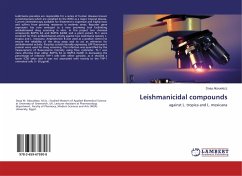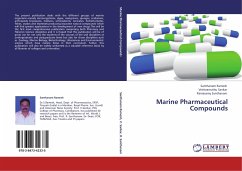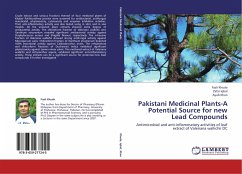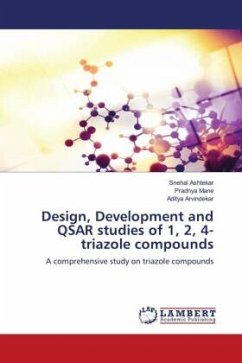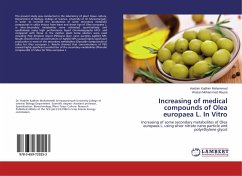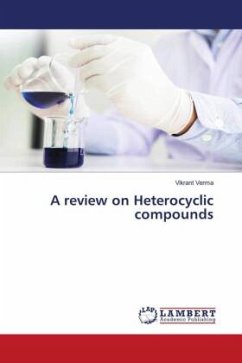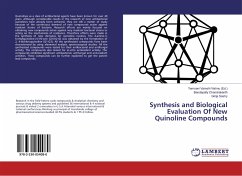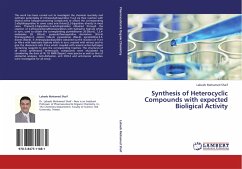Leishmania parasites are responsible for a series of human diseases known as leishmaniasis which are classified by the WHO as a major tropical disease. Current chemotherapy available for treatment is expensive and highly toxic and suffers from growing resistance in endemic areas. Reporter gene expression has now emerged as a new promising tool facilitating antileishmanial drug screening in vitro. In this project two chemical compounds RAPTA EA and RAPTA EAIMI and a plant extract PL-1 were screened for their antileishmanial activity against two Leishmania species; L. tropica and L. mexicana. Amphotericin B was used as a positive control to ensure the reliability of the drug assay and to act as reference for antileishmanial activity. Parasites constitutionally expressing GFP fluorescent protein were used for drug screening. The infection was quantified by the measurement of fluorescence intensity using flow cytometer. PL-1 was more effective than either RAPTA EA or RAPTA EAIMI in decreasing the percentage of infected THP-1 cells with either parasite, as it showed a lower IC50 value and it was not associated with toxicity to the THP-1 untreated cells ( 50 µg/ml).
Bitte wählen Sie Ihr Anliegen aus.
Rechnungen
Retourenschein anfordern
Bestellstatus
Storno

